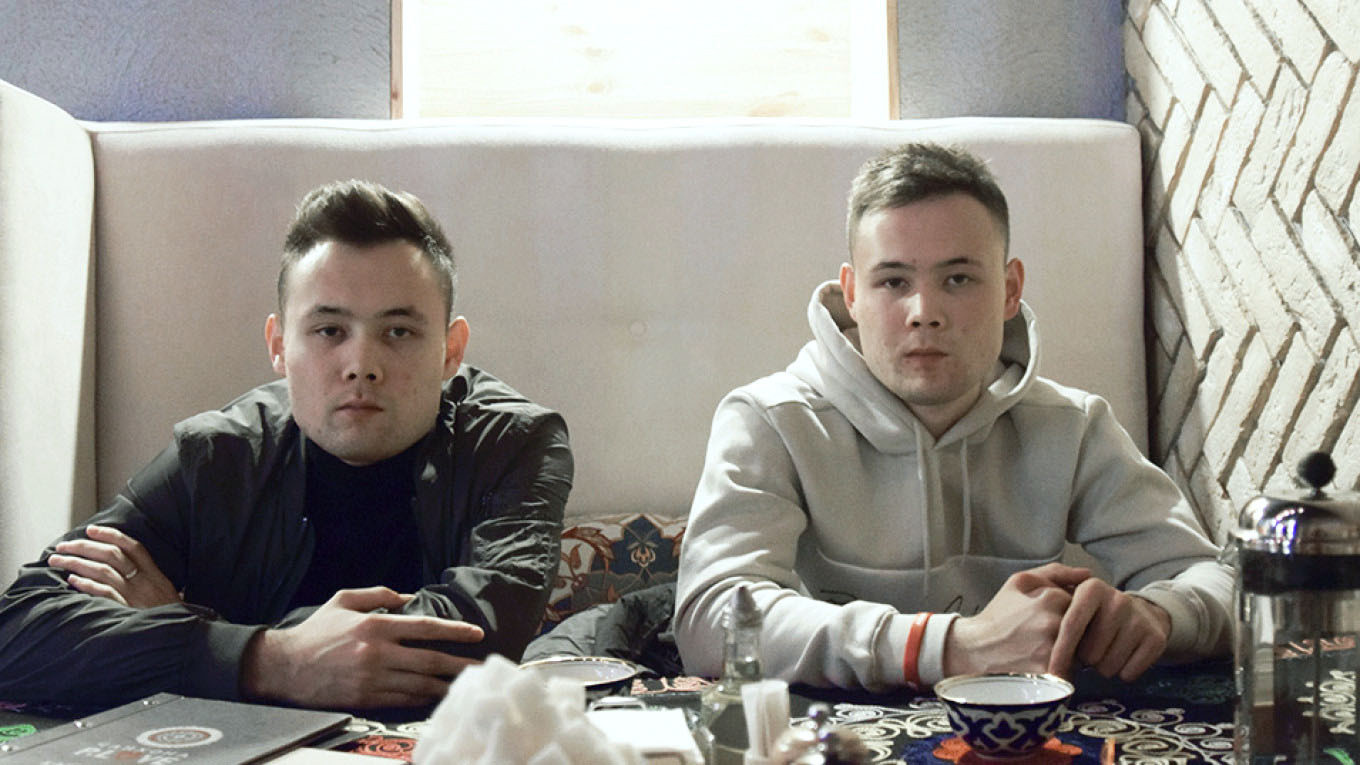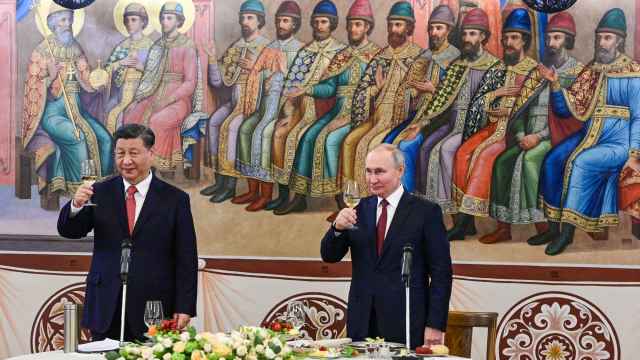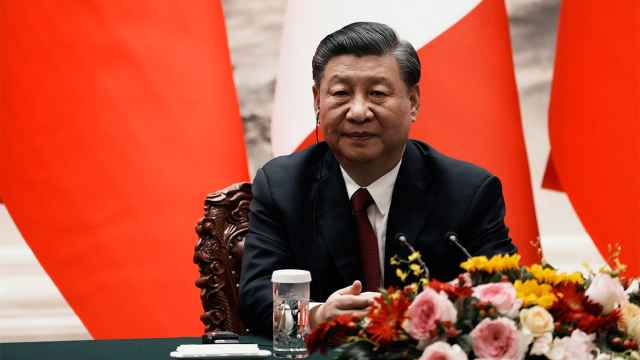A court in Kazan has rejected asylum claims from Chinese Uighur-Tatar twin brothers who fear deportation and imprisonment in China, their lawyer told The Moscow Times.
Shahrizat and Shahdiyar Shavkat (23) moved to Russia in 2015 to study at Kazan’s Federal University.
Chinese immigration authorities told the twins last year that they would need to travel to China to renew their Russian visas. The brothers decided to stay in Russia without the proper documentation because they fear that in China they will be placed in a concentration camp for Muslim ethnic minorities.
“Both brothers have their application rejected. But we will not give up,” Zukhra Khamroyeva, one of the lawyers defending the brothers said.
According to the twins, their parents and a number of close friends and relatives have already been sent to the so-called “re-education” camps.
Human rights groups estimate that up to 1 million Uighurs have been confined to Chinese re-education camps. On Nov. 16, The New York Times published the Xinjiang papers, over 400 pages of internal Chinese government documents providing new evidence that show how the Chinese authorities have organized a network of detention camps built to hold Muslims.
Last month, The Moscow Times broke the story about the twins’ court battle to receive asylum. The brothers, who were born in Urumqi, a city in western China’s Xinjiang province, to a Uighur father and a Tatar mother, said that following the report they received “financial and moral” support from the local Tatar community. However, they said that the Chinese authorities have also read the media reports and arrested more members of the brothers’ extended family as “retribution” for them speaking out.
Khamroyeva told The Moscow Times that she has already filed an appeal to Russia’s Supreme Court. She added that the court has approved a hearing for one of the twins on Dec. 13.
A Message from The Moscow Times:
Dear readers,
We are facing unprecedented challenges. Russia's Prosecutor General's Office has designated The Moscow Times as an "undesirable" organization, criminalizing our work and putting our staff at risk of prosecution. This follows our earlier unjust labeling as a "foreign agent."
These actions are direct attempts to silence independent journalism in Russia. The authorities claim our work "discredits the decisions of the Russian leadership." We see things differently: we strive to provide accurate, unbiased reporting on Russia.
We, the journalists of The Moscow Times, refuse to be silenced. But to continue our work, we need your help.
Your support, no matter how small, makes a world of difference. If you can, please support us monthly starting from just $2. It's quick to set up, and every contribution makes a significant impact.
By supporting The Moscow Times, you're defending open, independent journalism in the face of repression. Thank you for standing with us.
Remind me later.







